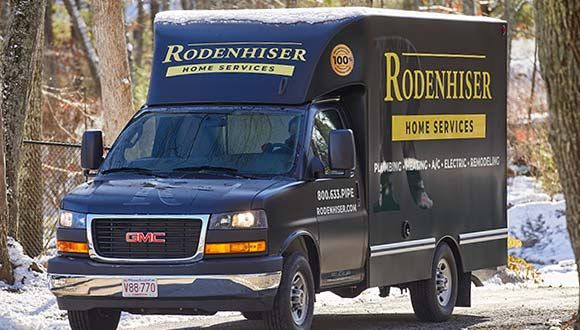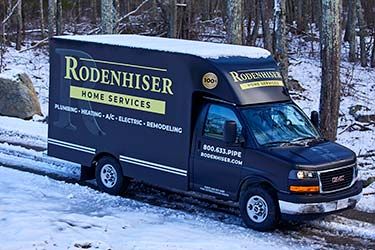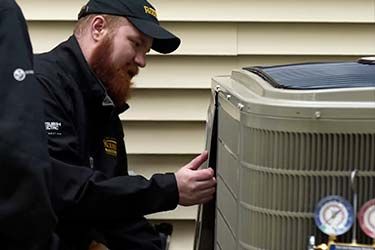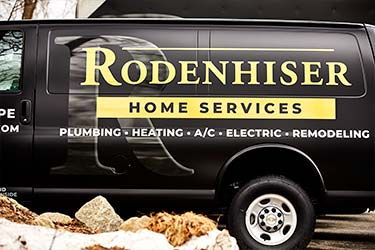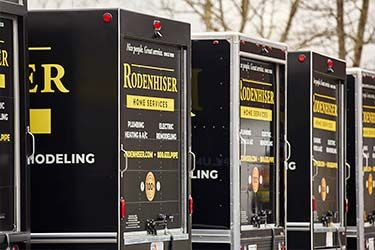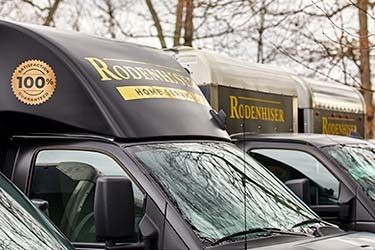
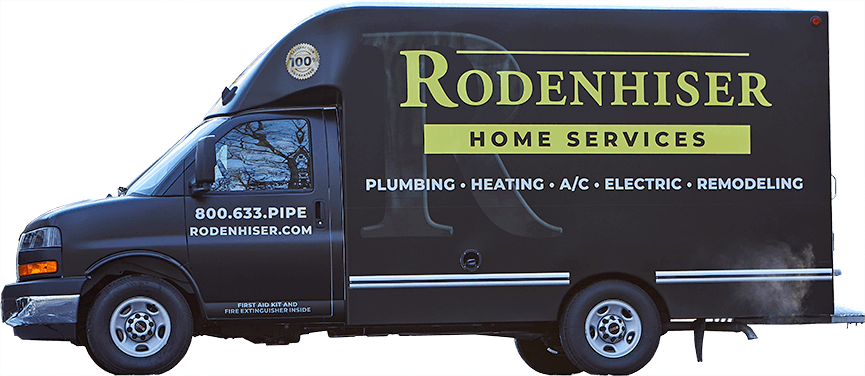
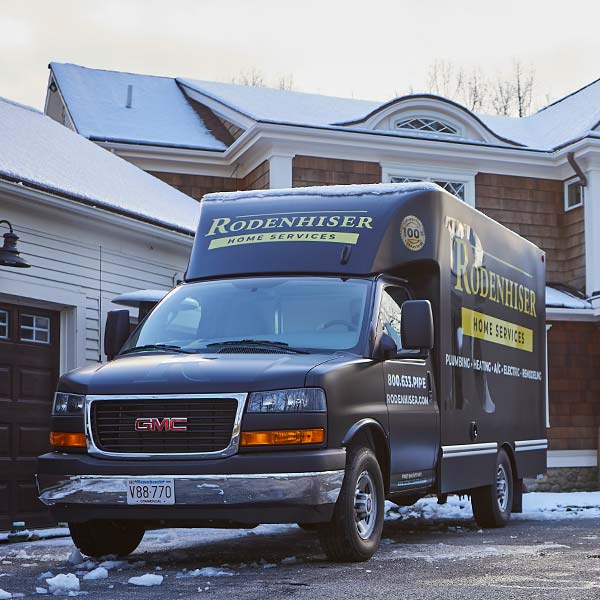

With the steady growth of renewable energies powering more commercial and residential buildings, the need to understand exactly how they work has never been more clear. If you’re thinking about switching to solar, here’s what you need to know about the components employed in the average residential system, as well as a primer on how the components come together to generate electricity from solar power.
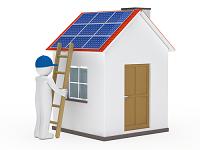
The system’s main components include:
These components work together to transform solar energy to electricity for the home. Here’s how:
Rodenhiser Plumbing, Heating & Air Conditioning is proud to provide HVAC services to the Route 495/128 area of Medway MA. We're happy to schedule a free home consultation to assess your home's potential for solar power. If you’re thinking about switching to solar power, we’re the area’s go-to source for heating and cooling solutions. Give us call today or visit our website for more information.
Image via Shutterstock.com




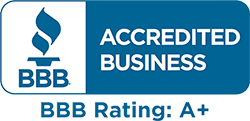
Both Alex and Patrick were knowledgeable, courteous, and professional. They made a change that might have solved the recent problem and have structured a more complete solution. We agreed to this...
Mike was thorough, thoughtful and considerate. Covered their shoes before entering, surveyed my issue and provided an explanation of the services and costs. Great Job!
Alex did a great job providing an explanation of the services provided and went out of his way to offer assistance/advice on other issues outside of our scheduled maintenance visit.
Brian did an excellent job inspecting our 18-year old boiler and replacing some of the accessory hardware that needed it, he also adjusted the outgoing hot water settings for our radiators and...
Rodenhiser is my one stop shop!!! They take care of my HVAC, electrical, and plumbing issues & are always helpful addressing any questions I may have about the systems in my house! Everyone...
Chris G. and Nick V. showed up bright and early at 8am to fix my water heater issue. They were on time, polite and were able to fix an issue that has been plaguing my house for a good year. They...
When you are looking for plumbing, electrical, heating or air conditioning in the Route 495 / 128 area, you will be delighted that you called Medway MA' trusted choice since 1928.
With a total dedication to professional workmanship and excellent service, discover why families and businesses continue to trust Rodenhiser after generations of service
